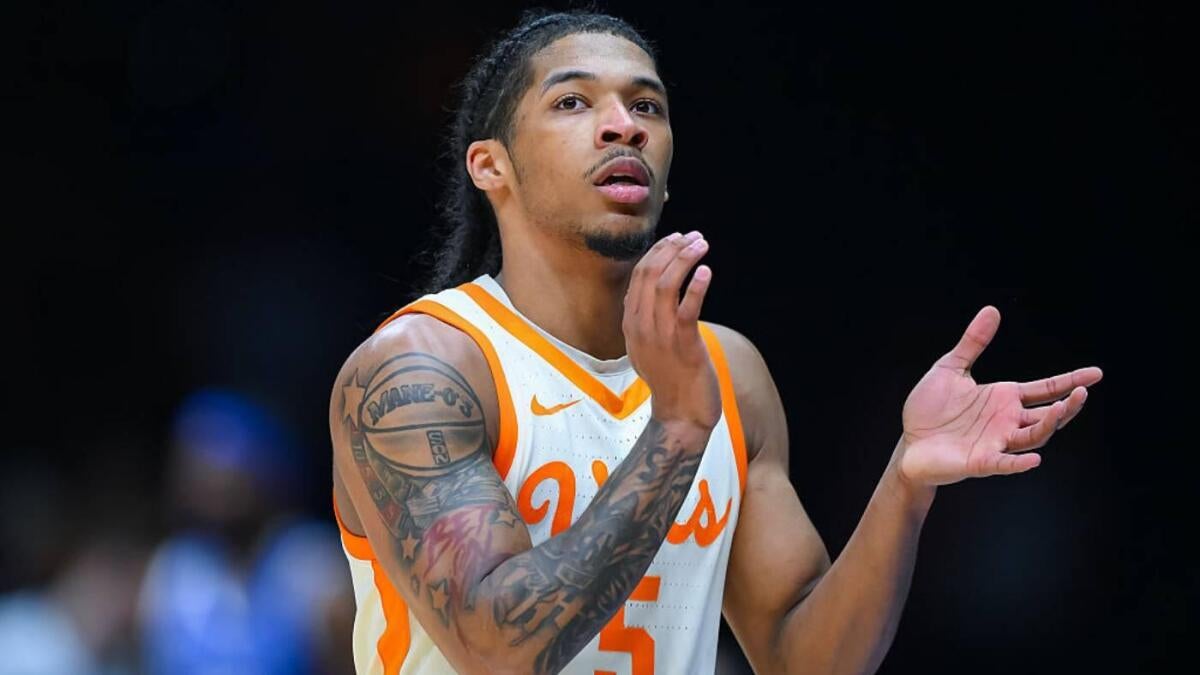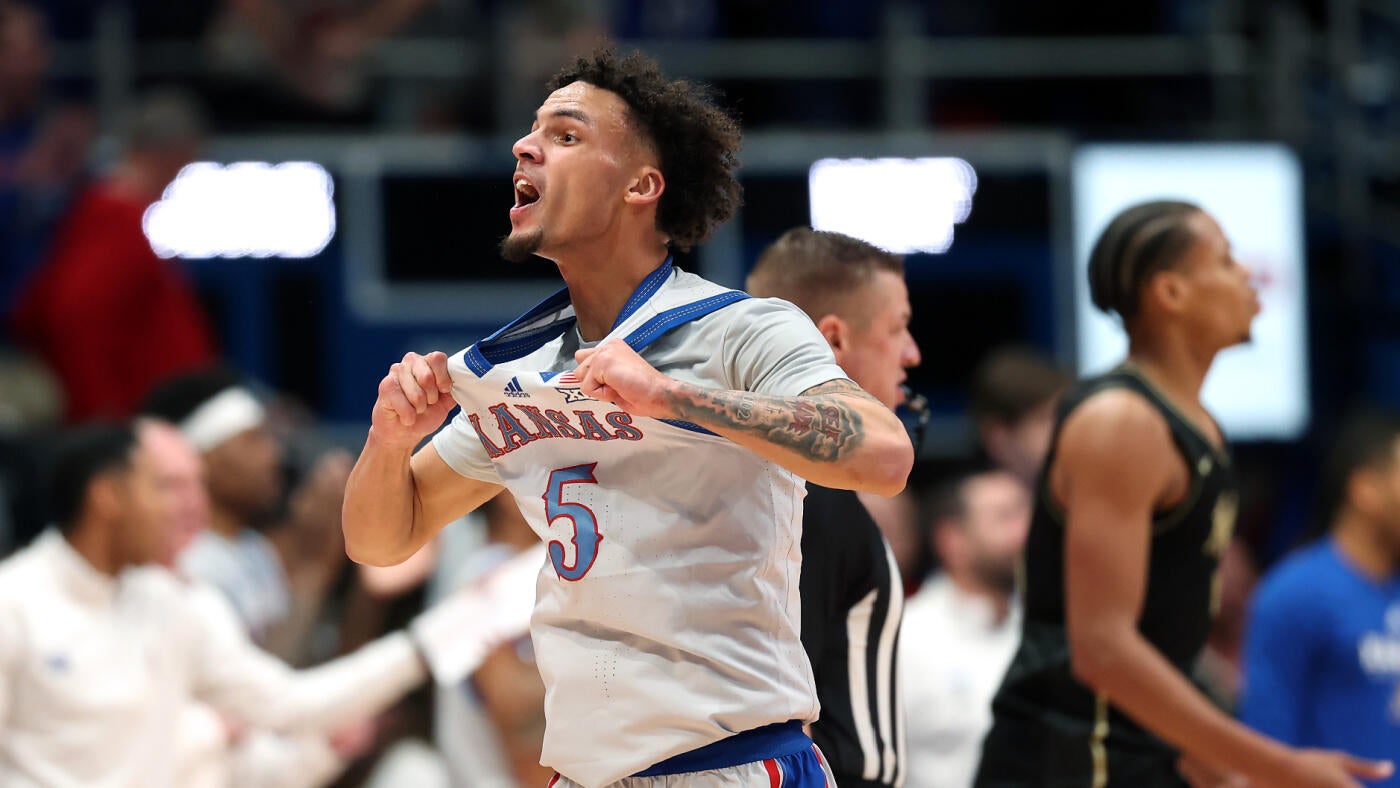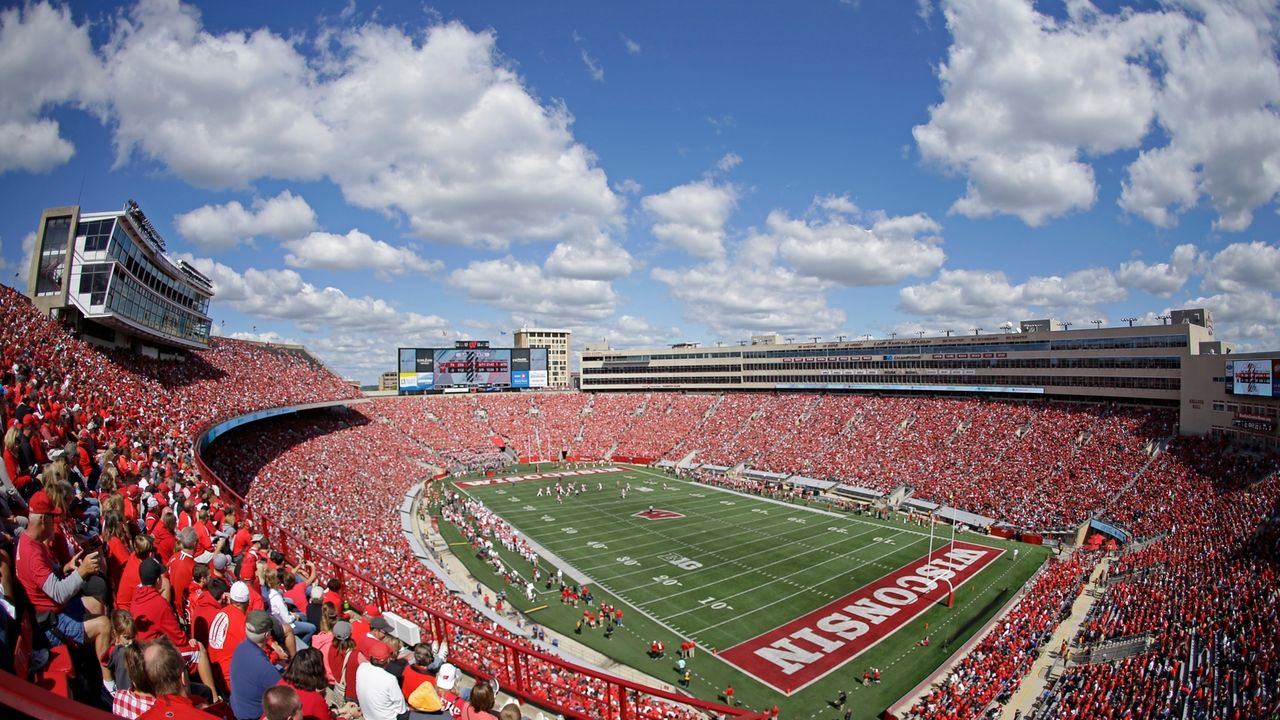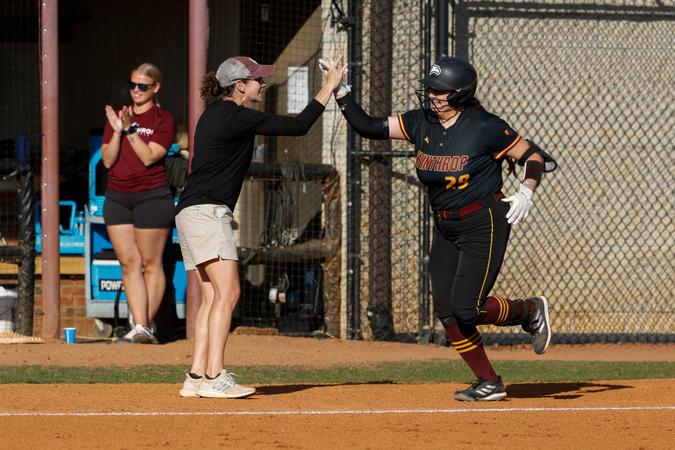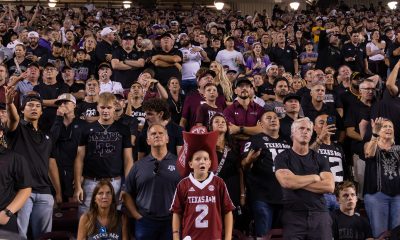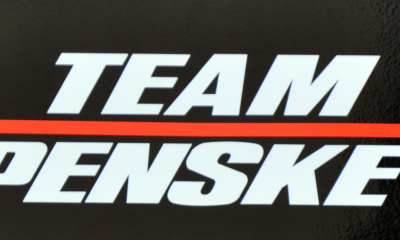The House settlement hasn’t yet been in place for a full college season. Already, however, coaches around the country are looking for a solution to fix issues they see with revenue sharing. That now includes Colorado Buffaloes head coach Deion Sanders.
At Big 12 media days, Sanders suggested putting a cap on rev-share, raising some eyebrows in the process. In the wake of those comments, Paul Finebaum and Greg McElroy appeared on Get Up. There, Finebaum boldly told Sanders to stick to coaching.
“Right now, there’s so many issues in college football that getting to a cap,” Finebaum said. “It may happen one day, but I think they need to solve some more basic problems first.”
Finebaum notably thinks that Sanders’ argument would be different if he still had some of last season’s stars on his team. So, the messaging is likely based on what would be best for Colorado right now.
“I just love Deion for a lot of reasons,” Finebaum said. “But especially how he just changes the narrative depending on who is on his team. I mean, those two guys that he had last year, Shedeur [Sanders] and Travis [Hunter], could have left and broken everybody’s bank, and would have had he not had that hold over them. So I just think Deion needs to stick to coaching football. Let the college football leaders screw up the game the way they have already.”
The House settlement allows for revenue sharing of up to $20.5 million with athletes at a given school. How that money is divided and if the school spends the entire amount is up to the school. However, in most cases, football will receive the majority of the funding.
On top of that, House also looks to set a fair market on NIL spending. NIL deals above $600 will need third-party approval and will be sent to a new clearinghouse called NIL Go. There is also a new enforcement agency in place called the College Sports Commission.
“It’s just unrealistic at this point. I do think at some point there’ll be donor fatigue. I do think at some point, there will be more parameters in place,” Greg McElroy said. “And I’m cautiously optimistic that there will be competitive balance across the college football landscape. But the reality is, college football has never been fair. It’s like Major League Baseball. That’s what it is. I mean, we don’t live in the salary cap world in college football. Those with resources that can spend, win.”
McElroy looked to emphasize his comparison by explaining that the deepest pockets don’t always win. Upsets do happen. So, even if Sanders and Colorado aren’t the richest program, there are still opportunities on the field.
“The good news is, just like in baseball, the Yankees don’t win the World Series every year. The Tampa Bay Rays, who have one of the smallest payrolls, compete in the playoffs regularly,” McElroy said. “And are, at times, much better than those of their big-spending counterparts in the Red Sox and the Yankees. So I think college football, yes, it’s nice to have resources, but it can also work against you. Texas has just one national championship since 1970 and they have the deepest pockets in the land. So I think that, yes, it’s nice to have money, but at the end of the day, it doesn’t necessarily always equate to success on the field.”
Deion Sanders explained why he wanted to see a rev-share cap by pointing to last season’s national champions, the Ohio State Buckeyes. In particular, he looked at headlines that their roster was worth upwards of $20 million.
“I wish there was a cap. Like, the top-of-the-line player makes this and if you’re not that type of guy, you know you’re not going to make that. That’s what the NFL does. The problem is, you’ve got a guy that’s not that darn good, but he could go to another school and they give him another half a million dollars. You can’t compete with that. It don’t make sense,” Sanders said.
“You talk about equality … all you have to do is look at the playoffs and see what those teams spent, and you understand darn near why they’re in the playoffs. It’s kind of hard to compete with somebody who’s giving $25, $30 million to a darn freshman class. It’s crazy.”

